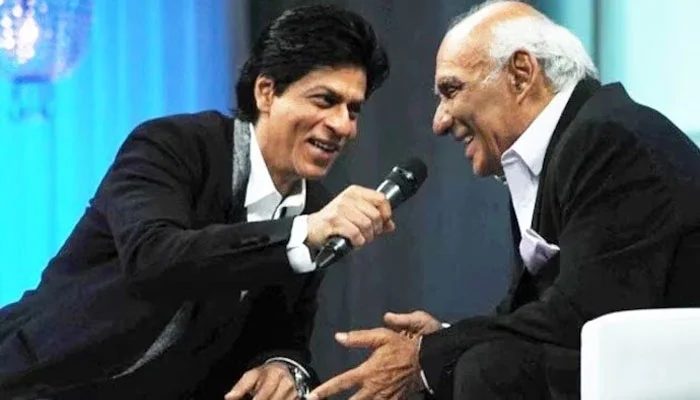Television host and media personality Mathira has once again become the center of controversy after wearing a body-hugging outfit on her latest appearance on a private TV channel show, where she regularly invites popular social media influencers for candid discussions. Her choice of attire in the recent episode has triggered a heated debate online, drawing sharp criticism from various segments of society who claim her clothing defies Pakistani cultural and Islamic values.
The show, known for its unfiltered conversations and unconventional themes, has frequently featured trending internet celebrities and influencers. However, this time it was Mathira’s outfit, not the guest or content, that stole the spotlight — and not in a positive way.
Public Reaction: A Nation Divided
Soon after the episode aired, images and clips went viral on social media, with thousands of users taking to platforms like X (formerly Twitter), Facebook, and Instagram to express their views. The criticism was swift and severe, with many accusing the host of being disrespectful towards the traditional values of Pakistan.
One user wrote, If this is being aired in Pakistan, then I fear for our cultural and moral future. We beg Allah to protect our values even when we’re living abroad.Another user sarcastically commented, Looks like she forgot to wear pants.
Some viewers even called on the Pakistan Electronic Media Regulatory Authority (PEMRA) to take notice of the show and impose stricter dress codes for on-screen personalities. There should be standards for decency on TV, said one commenter, while others urged a ban on Mathira’s show altogether for allegedly promoting indecent content.
Not Her First Time Under Fire
This isn’t the first instance where Mathira has been trolled for her bold fashion choices. The media personality, who has long been known for her outspoken views and glamorous style, has consistently remained in the spotlight for defying conventional expectations of modesty. While some see her as a symbol of empowerment and body confidence, others argue that her fashion sense does not align with the conservative values upheld by many in Pakistan.
Supporters Also Speak Up
Despite the backlash, there are also supporters who defended Mathira, arguing that her outfit choice is a personal matter and that policing women’s clothing only reflects societal double standards. One user posted, If you don’t like it, don’t watch it. Stop dictating how women should dress. Hypocrisy has no end here.
Another comment read, Instead of focusing on content or constructive criticism, people are busy body-shaming and trolling a woman for her clothes. That’s the real issue here.
Many also pointed out that freedom of expression and artistic liberty are often stifled in Pakistan under the guise of moral policing, especially when it comes to women.
Cultural Sensitivity in Media
The incident once again brings up the broader debate around cultural sensitivity and freedom in the entertainment industry. Pakistani television, especially in recent years, has seen increasing experimentation in both content and style, often pushing boundaries that were once considered untouchable.
However, public tolerance for bold appearances on mainstream media remains low, especially when it comes to national TV. There remains a strong expectation from viewers that on-air personalities reflect conservative cultural norms, especially during prime-time programming.
Mathira’s Silence
As of now, Mathira has not issued any official response to the controversy. Known for her bold personality and unapologetic attitude, it wouldn’t be surprising if she addresses the backlash with a strong statement, as she has done in the past when facing criticism for her lifestyle and wardrobe choices.
A Reflection of Society’s Divided Mindset
The outrage over Mathira’s latest look is not just about one woman’s dress — it reflects a deeper, ongoing conflict within Pakistani society about modernity versus tradition, freedom versus control, and artistic expression versus moral expectations.
As media evolves and global influences grow stronger, this debate is likely to continue. Whether one agrees or disagrees with Mathira’s style, the response to it highlights the urgent need for a balanced conversation about representation, respect, and responsibility in Pakistan’s media landscape.



